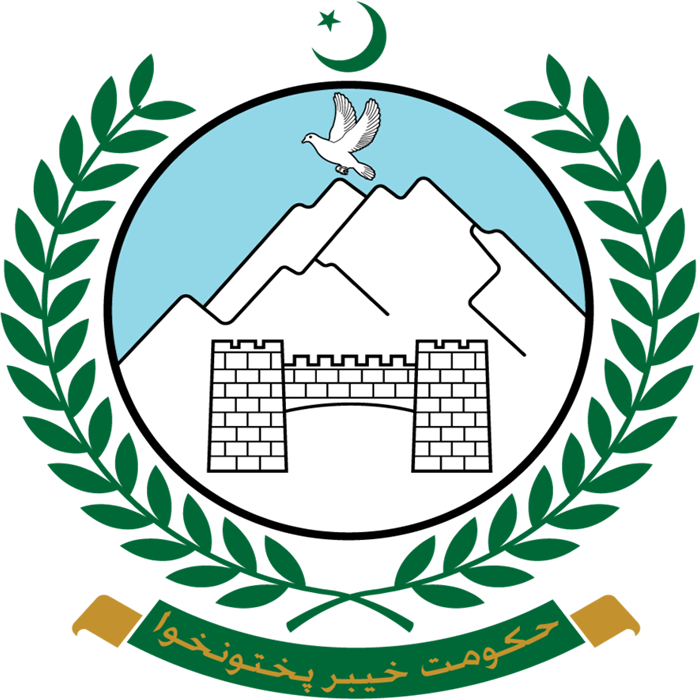House Committees
A legislature carries out a variety of functions through the establishment of committees. The most important role is examining the legislation and carrying out oversight of government's policies and their implementation. Parliamentary committees also engage public with their legislature to inculcate a greater variety of opinions.
Assembly can establish as many committees as it requires for specific issues and sometimes for a limited timespan. Committees allow for an in-depth review of issues and permit public and stakeholder's input into the legislative process through written submissions and hearings. A parliamentary motion often sets the mandate for select or special committees.
Standing Committees are established to maintain consistent oversight on the executive, with one standing committee established to oversee a single department of the provincial government. The basis for the mandate and powers for each standing committee is set out in the Provincial Assembly of Khyber Pakhtunkhwa Procedure and Conduct of Business Rules, 1988.
A Public Accounts Committee is also established for the purpose of financial accountability under Rule 159 of the Provincial Assembly of Khyber Pakhtunkhwa Procedure and Conduct of Business Rules, 1988 in order to examine the accounts showing the appropriation of sums granted by the Assembly for the expenditure of the government, the annual finance accounts and Auditor General's Reports
Committees List
- Standing Committee No. 38 on Livestock, Fisheries and Cooperatives Department
- Standing Committee No. 37 on Culture, Tourism, Archaeology and Museums Department
- Standing Committee No. 36 on Relief, Rehabilitation and Settlement Department
- Standing Committee No. 35 on Minerals Development Department
- Standing Committee No. 34 on Labour Department
- Standing Committee No. 33 on Public Health Engineering Department
- Standing Committee No. 32 on Transport and Mass Transit Department
- Standing Committee No. 31 on Energy and Power Department
- Standing Committee No. 30 on Inter Provincial Coordination Department
- Standing Committee No. 29 on Housing Department
- Standing Committee No. 28 on Science & Technology and Information Technology Department
- Standing Committee No. 27 on Sports and Youth Affairs Department
- Standing Committee No. 26 on Elementary and Secondary Education Department
- Standing Committee No. 25 on Establishment Department
- Standing Committee No. 24 on Zakat, Ushr, Social Welfare, Special Education and Women Empowerment Department
- Standing Committee No. 23 on Administration Department
- Standing Committee No. 22 on Revenue and Estate Department
- Standing Committee No. 21 on Population Welfare Department
- Standing Committee No. 20 on Planning and Development Department
- Standing Committee No. 19 on Food Department
- Standing Committee No. 18 on Local Government, Elections and Rural Development
- Standing Committee No. 17 on Law, Parliamentary Affairs and Human Rights Department
- Standing Committee No. 16 on Irrigation Department
- Standing Committee No. 15 on Information and Public Relations Department
- Standing Committee No. 14 on Industries, Commerce and Technical Education Department
- Standing Committee No. 13 on Home and Tribal Affairs Department
- Standing Committee No. 12 on Health Department
- Standing Committee No. 11 on Climate Change, Forestry, Environment and Wildlife Department
- Standing Committee No. 10 on Finance Department
- Standing Committee No. 09 on Excise, Taxation and Narcotics Control Department
- Standing Committee No. 08 on Higher Education, Archives and Libraries Department
- Standing Committee No. 07 on Communication and Works Department
- Standing Committee No. 06 on Auqaf, Hajj, Religious and Minority Affairs Department
- Standing Committee No. 05 on Agriculture Department
- Standing Committee No. 04 on House and Library
- Standing Committee No. 02 on Law Reforms and Control on Subordinate Legislation
- Standing Committee No. 01 on Procedure & Conduct of Business Rules, Privileges & Implementation of Government Assurances
